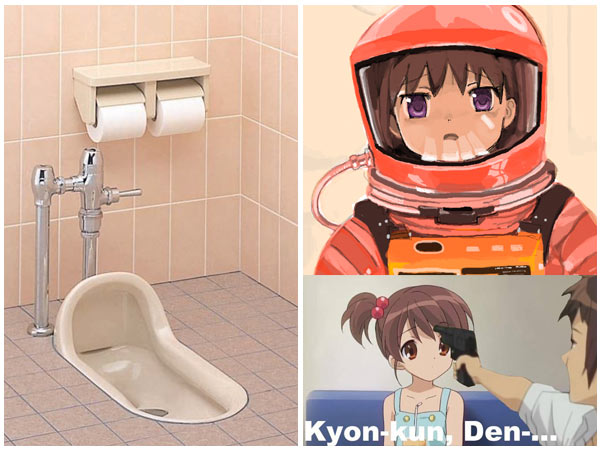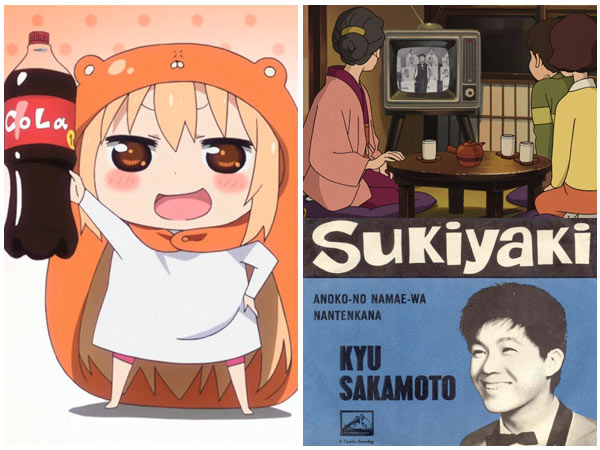I have some odd obsessions. One is that I love hunting down and watching the movies that were released in the year of my birth (1968). There were some really great films that year, including 2001: A Spacy Odyssey, the original Planet of the Apes and the classic Chitty Chitty Bang Bang. I like to follow people with my name on social media and see what they’re getting up to, too: there’s a DJ in Perth, an attorney in Philadelphia and at least one theologian named Peter Payne out there. I also have a strange obsession with watching every decent anime not once but twice, since you always pick up on something important the second time through. So a few years after the first viewing, I’ve made a point of re-watching such quality shows as Madoka Magica, Waiting in the Summer, Gurren Lagann, Tokyo Magnitude 8.0, and AnoHana to see what details I’d missed the first time. Watching the (surprisingly excellent) Disappearance of Nagato Yuki anime made me pine for the glory that was the original Haruhi series, so I started a full re-watching of that amazing show from the beginning. Since I’m such a dedicated fan, I’m even re-watching the Endless Eight, the unpopular (but actually quite original and cool) arc in which Haruhi causes summer to repeat 15,498 times across 594 years because she doesn’t want it to end. I’ve learned to treat each episode like an inning of baseball, enjoying it as it unfolds slowly, slightly different from the last one. And, of course, I’ve got Jack Daniel’s-senpai to help me through the episodes, too.
When you come to Japan for the first time, you’ll encounter many strange things, like vending machines that accept the equivalent of $100 bills then bow to you in thanks and KFC restaurants guarded by statues of Colonel Sanders that are perfect replicas of the man, right down to the correct glasses prescription he wore when he was alive. You’ll also discover some really interesting toilets, some of which are good (when they clean your butt for you after you’re done), while others present challenges for gaijin. While nearly all toilets you find in private homes are of the normal Western variety, public toilets in certain areas (such as train stations or department stores) are often 和式トイレ washiki toire or Japanese-style toilets, which you squat over rather than sit on, which can take a surprising about of dexterity to use the first few times. Another minor challenge: in the same way that Japan borrowed the British meaning of pantsu (referring to underwear, not exterior trousers), Japan uses toire (toilet) to refer to the porcelain altar, which is commonly used in Britain, Australia etc. but not really in the U.S., where it’s often seen as a bit too graphic a word to use. As a result, when I go home to the States, I’ll often find myself asking a store clerk where the “toilet” is, causing her to do a double-take while my wife laughs at my linguistic slip.
What will happen when J-List’s new site launches? We’re glad you asked. We’re preparing a completely new website that we’ve been hard at work on for a year, which will offer tons of new features including great performance on mobile phones, as well as tablets and desktop computers. As part of the changeover, which will happen around August 17th-18th, all accounts will be moved…though wishlists will be reset
















